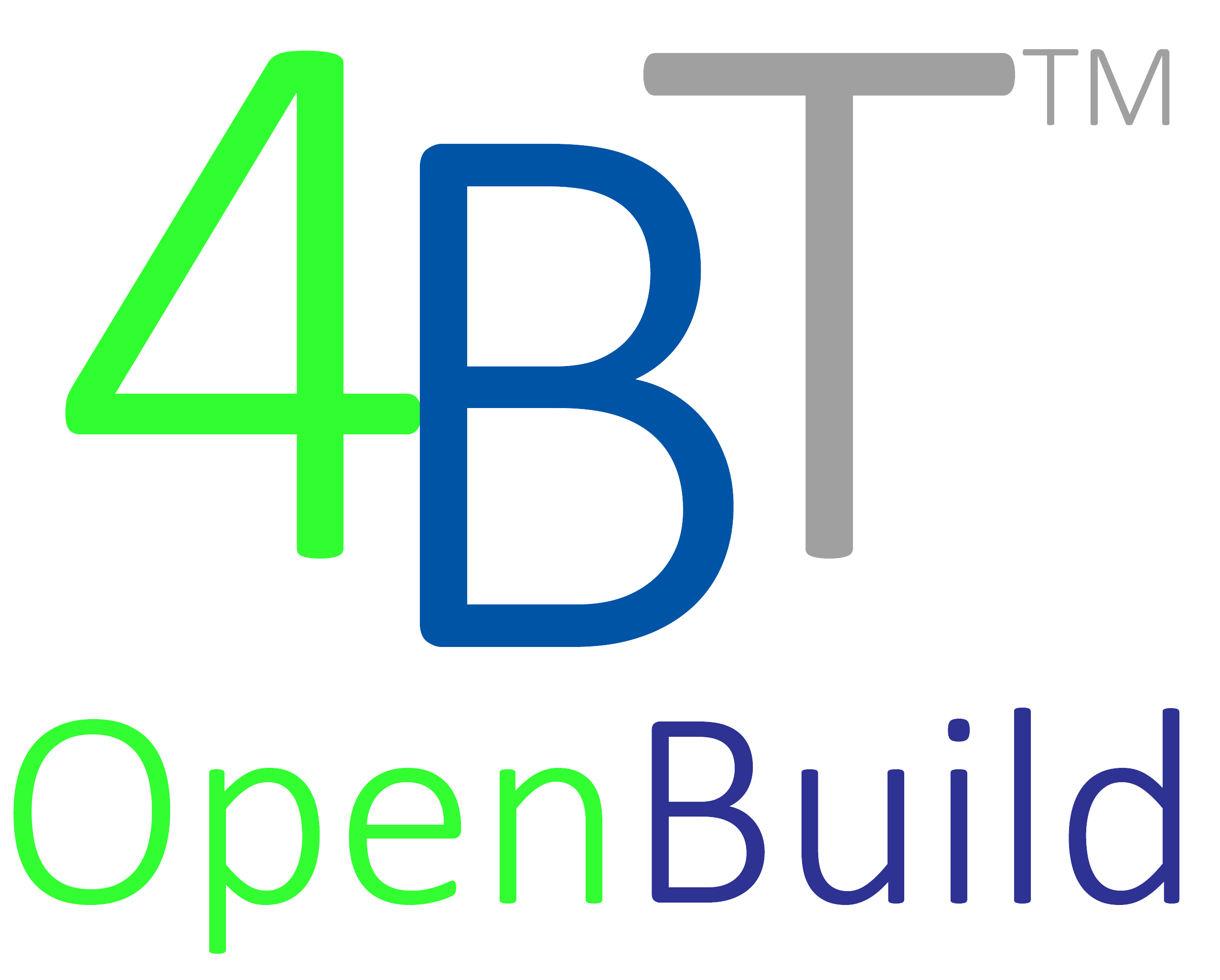Job Order Contracting (JOC) is both a LEAN construction delivery method and a method of procuring construction services through an indefinite delivery, indefinite quantity term contract, using task orders as needed for individual projects, where the task order price is based on a book of preestablished unit prices (Unit Price Book – UPB).

Job Order Contracting is different from traditional construction delivery methods in several key areas. First, for public agencies, there is no longer the delay and waste associated with issuing invitations for bids or requests for proposals, awarding a contract requiring delivery or completion by a definite date for each and every construction project.
JOC allows a public entity to procure a wide variety of construction services for multiple projects to be delivered on an as-needed basis during the term of the contract (typcially one year terms with options years extending to three to five years).
JOC also requires full cost transparency. Construction project costs are set through the book of pre-established unit prices and the use of a JOC construction co-efficient(s) associated with the awarded JOC contractor.
Once the Job Order Contract is signed, the public entity has a single (or multiple contractor it can use for a number of future renovation, repair, or minor new construction projects without the cost and error prone process of repeatedly advertising and bidding each individual project.
Federal projects, especially those of the United States Air Force (arguably the most proficient a JOC delivery and management) provide a framework can be viewed as best management practice.
The basics of job order contracting include…
- multi-task contract that contains indefinite delivery and indefinite quantities ]
- on demand construction services
- defined timelines and workflows – owner is required to prepare and independent government estimate (IGE) – contractor is required to provide a detailed line item estimate within a certain timeline – joint site visits
- unit price book (UPB) book of pre-established unit pricing – organized via CSI MasterFormat, locally research, common and detail task descriptions, and material, labor, and equipment breakdowns… that covers 90% or more of construction tasks anticipated to be conducted using the JOC.
- A coefficient (typically between 0.80 and 1.20) that the contractor applies to the total of an estimate for a particular task/project.
- Defined min/max limits for the JOC contract per year, per project, and per contract.

While a JOC consultant can be used to support initial development of a Job Order Contract and ongoing support services… under NO CIRCUMSTANCES should a JOC consultant be paid a percentage of the JOC construction volume if said JOC consultant in involved in approving or denying JOC projects.
Job Order Contracts should always include a JOC Operations / Execution Manual and require initial and ongoing training, including appropriate certifications.
Key performance indicators (KPIs) and regular audits should also be considered mandatory.
Core characteristics of Job Order Contracting should always be adhered to… and include:
- Skilled Owner with LEADERSHIP capabilities
- Mutual Trust and Respect
- Full Financial Transparency
- Shared Risk/Reward
- Focus Upon Outcomes
- Value-based Procurement and Processes
- Continuous Monitoring and Improvement
- Ongoing Training
Why JOC Work?
Job order contracting provides an alternative to the time and expense of completing the normal contract procurement cycle for each project. It also removes the antagonistic and archaic processes associated with traditional low-bid, design-bid-built, or similar methods.
JOC focuses upon maximizes productivity and outcomes for the multiple repair, maintenance, and construction projects typically encountered by public sector faclity managers.
JOC leverages the knowledge of a local, skilled contractor that has is familiar with endemic requirements.
Communications and scope of works accuracy are improved, lessen the change of errors and omissions through the used if a detailed line item unit price book and joint sites visits, and subsequent negotiations.
Overall construction costs and project delivery timelines are reduced as contractors can better manage overall business volume and associated resource requirements.
Owners receive on-demand quality services, while also having better financial visibility and fewer surprises. Projects can be priced, awarded, and delivery in weeks or months versus years.
Both Owner and Contractor are participate in driving positive outcomes.
via 4BT.US – Best Value Job Order Contracting Solutions
